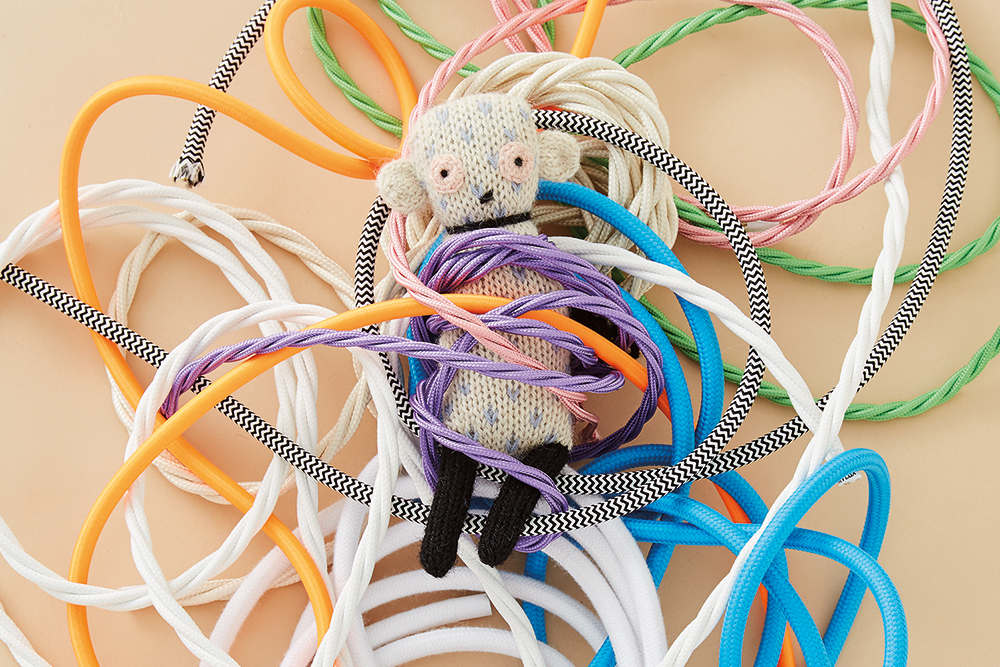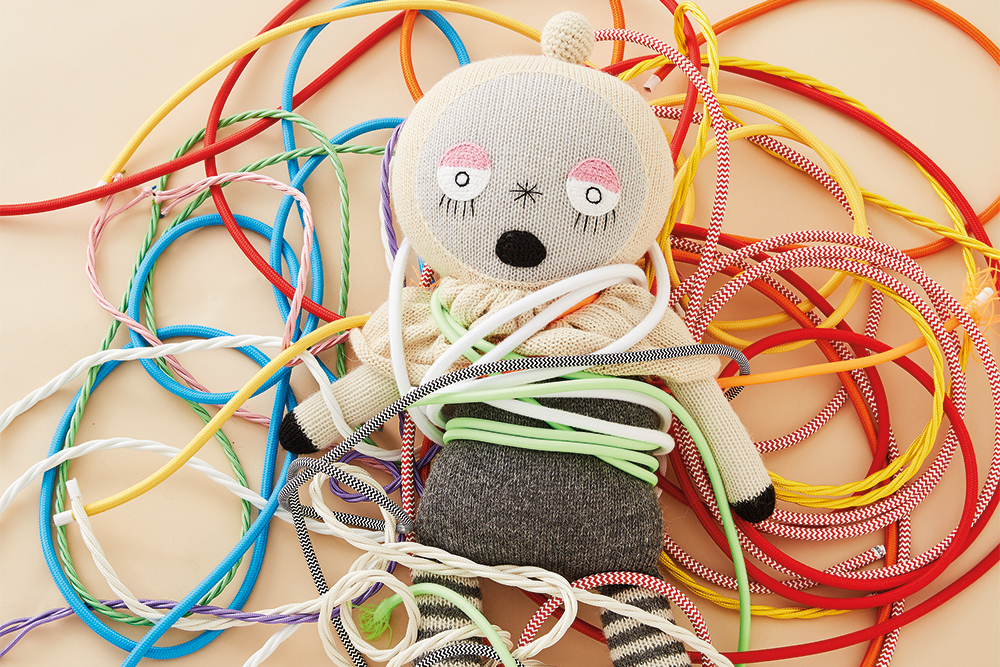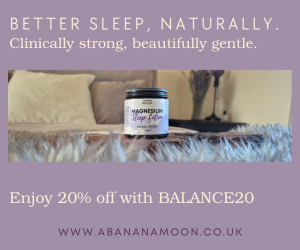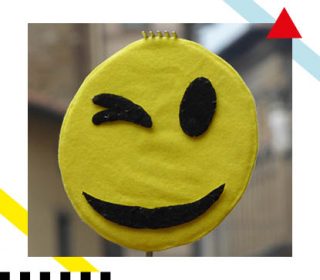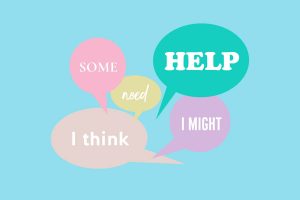Quiz time: What’s your relationship attachment style?
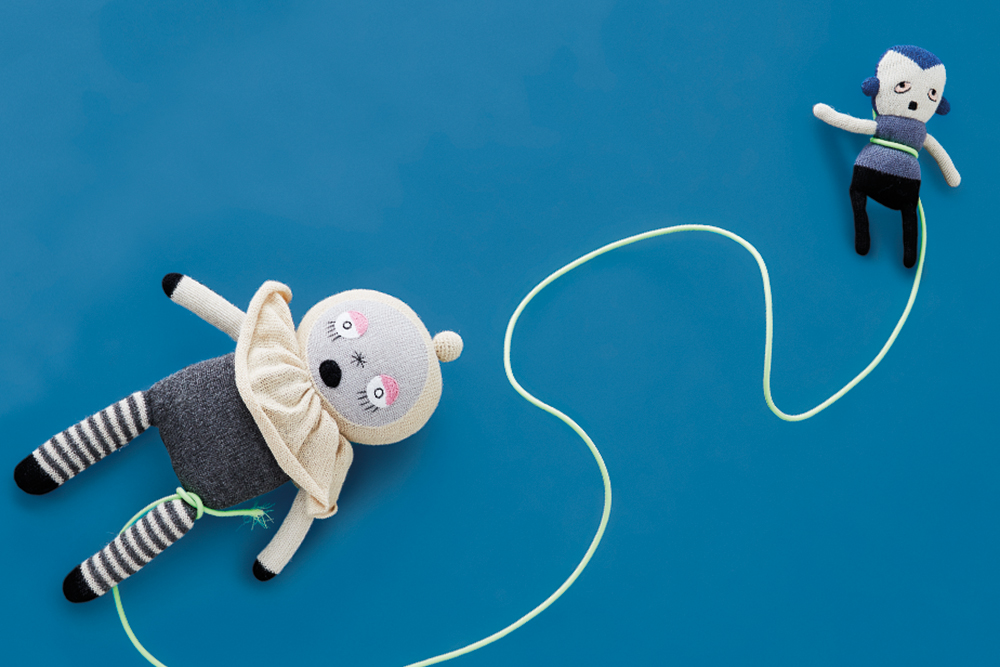
Do you have attachment issues that are stopping you from having a successful and loving partnership? It’s time to find out…
Tot up the colour of the statements you mostly agree with…
Having close relationships comes naturally to me.
I would like to be emotionally intimate with others, but I often feel that others don’t want to be as close to me.
I would describe myself as independent and self-sufficient.
I tend to break off relationships before they get too serious.
I am comfortable depending on others and having others depend on me.
I can resort to attention-seeking behaviours when I don’t feel safe.
The idea of someone depending on me makes me feel anxious.
I find it uncomfortable and challenging getting close to others.
When dating someone, I tend to put all my cards on the table and don’t play any games.
I feel a need to cling on to close relationships.
I prefer not to rely on other people.
Part of me wants to go, and part of me wants to stay when in a relationship.
I’m happy in myself whether I’m in a relationship or not.
I feel quite anxious when facing time away from a partner.
I tend to feel tied down by intimate relationships.
I feel that I’m likely to be hurt if I become very close to others.
Generally, I feel that others accept me for who I am.
If things aren’t going well in my close relationships, I find it almost impossible to concentrate on work.
I don’t mind at all if my partner is away.
I find it difficult to talk about my feelings as they are often confused.
THE RESULTS
MOSTLY BLUE: SECURE
Having a secure attachment pattern means you’re likely to feel an innate sense of confidence in your relationships. You’re happy to be interdependent: that midway point between independence and dependence.
Having a clear sense of yourself, you’re unlikely to be thrown when someone close to you is in a negative mood.
How did you get here?
The adults who brought you up are likely to have been attentive, loving and reliable (though not perfect!). It’s also possible you were born with a natural resilience which helped you to rise above less than ideal parenting. Alternatively, in the course of loving relationships or by working through your patterns with a therapist, you may have developed a healthy way of relating to others.
Being in a relationship with this type: There’s unlikely to be any game playing. A partner with a secure attachment style is usually happy to share all parts of their life with you and be honest about their hopes for the relationship. They will be well placed to weather the storms which are an inevitable part of any relationship, and if they get angry, are likely to communicate their feelings clearly and won’t hold a grudge.
MOSTLY PURPLE: DISMISSIVE-AVOIDANT
You are likely to value independence highly and feel attachments tie you down. You may dismiss the need for others and avoid intimacy, perhaps choosing long-distance relationships, or people who are distant or unavailable. You may find it hard to empathise, and others may see you as distant.
How did you get here?
In your childhood, it’s likely that there was a pattern of your parents not being reliable. In order to protect yourself in this environment, it’s easy to see how you might form the view that unavailable parents were not a problem because you were fine without them. When thinking about your childhood, it’s possible you idealise how things were, rather than feeling the sadness caused by what was missing.
Being in a relationship with this type: Initially, you may be charmed by your partner, as they play the game of courtship very well. As time goes by, it’s likely they will draw back, but the first you’ll know about any trouble is when they end the relationship.
If it does continue, it’s possible you’ll be kept at a distance – perhaps they’ll keep you waiting for a commitment. Although, on some level, there is a longing for closeness, they find physical or emotional intimacy challenging.
MOSTLY ORANGE: ANXIOUS DISMISSIVE
Unlike those with a dismissive-avoidant attachment style, you are likely to be aware of your longing for intimacy. However, like them, when you’re in a relationship that threatens to become closer, you are likely to feel a sense of overwhelming fear and withdraw. This attachment style might lead you into lots of relationships, but mean you back away when anything starts to become more serious and you fear that your partner will see behind the mask you present to the world.
Alternatively, you might find yourself repeatedly in relationships where your partner treats you badly, as you both long for a close relationship but are also fearful of having one.
How did you get here?
It’s possible there were very difficult circumstances in your childhood. Perhaps the loss of a parent or abuse or neglect in early life. The message you took in to try to make sense of relationships might have been ‘there must be something wrong with me, so anyone who really knows me is going to reject me’. If parents have been neglected or abused as children, it’s much harder for them to be attentive and loving towards their own children.
Being in a relationship with this type: To begin with, you may see the mask that this type often presents: your date may appear successful and highly desirable. Difficulties are more likely to arise further into a relationship when your partner, fearing rejection themselves, pulls back.
You may feel you receive mixed messages from your partner – who seems to really want intimacy, but also runs away from the chance of it. This outer conflict reflects a very difficult internal sense of conflict between longing to connect and fearing the closeness they want will hurt them.
MOSTLY GREEN: ANXIOUS-PREOCCUPIED
You are likely to feel your happiness is dependent on others giving you reassurance that they value you. You may long for very close relationships, but doubt your own worth and find it hard to trust that you are loved.
You’re probably highly sensitive, and very affected by the feelings of those around you. Being separated from the person you are closest to may give rise to feelings of anxiety.
How did you get here?
It’s likely that those who raised you were inconsistently available. As a child you may have felt you needed to please the adults in your life, or even been in situations where you felt you had to look after a parent, rather than the other way around.
It’s likely those who parented you also received inconsistent love as a child.
Parents who have never felt their own inner sense of security unwittingly pass on insecure attachment styles.
Being in relationship with this type: When things are running smoothly in a relationship with a person with this attachment style, they may only have a small need for reassurance and attention. When things are less stable, or you yourself are changing or growing, it’s likely they will feel high levels of anxiety and cling on.
As a child, your partner may have learned to get the attention they longed for by being seductive or making others feel guilty for not giving them attention. They may also feel any attention is better than none, so act in ways to get negative attention when love isn’t forthcoming.
HOW TO FIND YOUR BALANCE
1. Help your child
If you’re a parent looking to build secure attachments with your own children, go to Circle Of Security International for more info on a parenting course based on attachment theory.
2. Learn to let go
If you recognise you have unhelpful attachment patterns, find a therapist in this directory of counsellors and psychotherapists registered with the British Association of Counsellors and Psychotherapists (BACP).
3. Read all about it
Find out more in The Circle of Security Intervention by Powell, Cooper, Hoffman and Marvin (£31.99, Guildford Press).
Read more: Take our Balanced life quiz
Read more: Philosophy of love — is love just a beautiful lie?
ATTACHMENT THEORY
Balance asked Londoners what they’re like in a relationship and who influences them in this area?

Mike says: ‘My parents’ divorce taught me to be happy in my own relationships. It was best that they weren’t together, or it would’ve been a toxic environment to grow up in.’
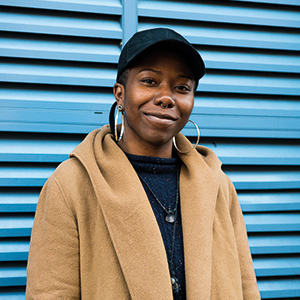
April says: ‘I’m looking for commitment but it’s hard to find someone who wants the same things. In this generation, nobody wants to settle down, it’s tricky.’
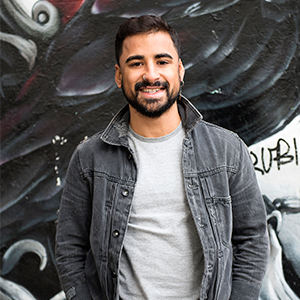
Rui says: ‘I believe that both people in a relationship should have their own lives. It’s important to have your own friends.’
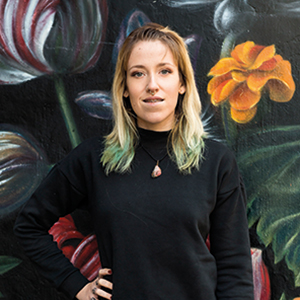
Barbara says: ‘I naturally trust people and believe everyone deserves second chances. I’m single but I’m committed to me!’

Fabian says: ‘I’m very relaxed in my relationship, I don’t really expect anything. I understand there are ebbs and flows.’

Dijana says: ‘I’m super independent, I don’t know if that’s a good or bad thing. I don’t like to commit too much.’

Nicki says: ‘I’m single, an individual loner who’s travelling around! I believe that things are meant to happen when they are meant to be. I’m not searching for love.’

Kelly says: ‘I’ve been with my husband for 10 years so I’d like to think I’m balanced in my relationship. My gran and grandpa met when they were 14 and have been together their whole lives. I want to be like them!’





